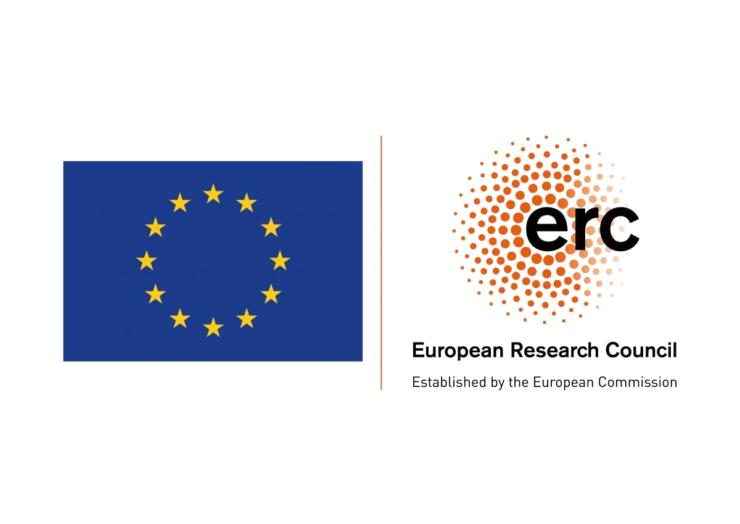Blog/Events
Interview with Lara Bergers
The FORCE-project is now well underway and the team have started to work on their individual projects. For the first couple of blogs, a brief interview with each member of our team will introduce the different projects that make up “Forensic Cultures”. The second interview is with Lara Bergers, who investigates the forensic culture of the Netherlands.
Could you briefly explain your research project within FORCE?
I am responsible for the Dutch part of the project. More specifically, I focus on the use and reception of criminalistics and forensic medicine in cases of murder and rape in the Netherlands between 1930 and 1988 (the year that DNA evidence was first used in a Dutch court case.) Right now, I am working to get a handle on the legal, institutional and scientific / technological changes that occurred in this period. But the main focus of the project — and what I am most excited about — are the day-to-day courtroom practices surrounding forensic expertise. For that part, I will be relying on court documentation and, if I can get my hands on them, documents drawn up by the scientific experts themselves. To make sure I also get an understanding of how this kind of expertise was received and understood in Dutch society at large, I will also be studying newspaper articles that discuss the cases I end up covering.
What did you do before you joined this project?
My route to the history of forensics has been a little winding — I started with a bachelor’s degree in psychology, moved on to doing a pre-master’s in philosophy, then learned about the History and Philosophy of Science course at Utrecht University. I thought I would focus on the philosophy part of the course, but ended up falling in love with history. I feel very lucky to have landed this position, because, when I applied, I had not quite finished my master’s program in the History and Philosophy of Science; I was still working on a thesis on the history of lie detection in the Netherlands.
What exactly fascinates you about the history of forensics?
That’s a difficult question! I suppose it is connected to my long-standing interest in crime and criminality, probably influenced by all those TV shows and documentaries I watched when I was younger. For a while, I even planned to become a forensic psychologist. Later on, while studying history and philosophy of science, I became fascinated by the authority that imbues scientific knowledge and by how this authority is sometimes challenged and disputed. The authority of forensic science is particularly susceptible to being challenged, because it exists in a space where other (potentially) powerful forms of authority are at play; ‘the law,’ for one, the testimony of victims and witnesses, for another.
Can you tell us about a source, case or object that your find particularly fascinating?
I get most excited about a source that shows an expert speaking about a case outside of context of the courtroom. That might be an autobiography, an article in a technical journal or in a newspaper interview. Both the way in which courtroom proceedings are conducted and the way in which they are documented can make getting access to experts’ thoughts and experiences difficult at times. More publicly facing sources can fill in some of the gaps. In addition, they cast light on how experts ‘perform’ their expertise differently in different contexts.
Why do you think this project is important?
The involvement of forensic science in criminal cases shows no sign of slowing, and the stakes are high. It is important, therefore, that we develop a good understanding of what is involved in the interaction between scientific expertise and the law. That requires not only looking ahead, but also looking back. Much remains to be done: the history of forensics in the 20th century is as yet under-researched.


